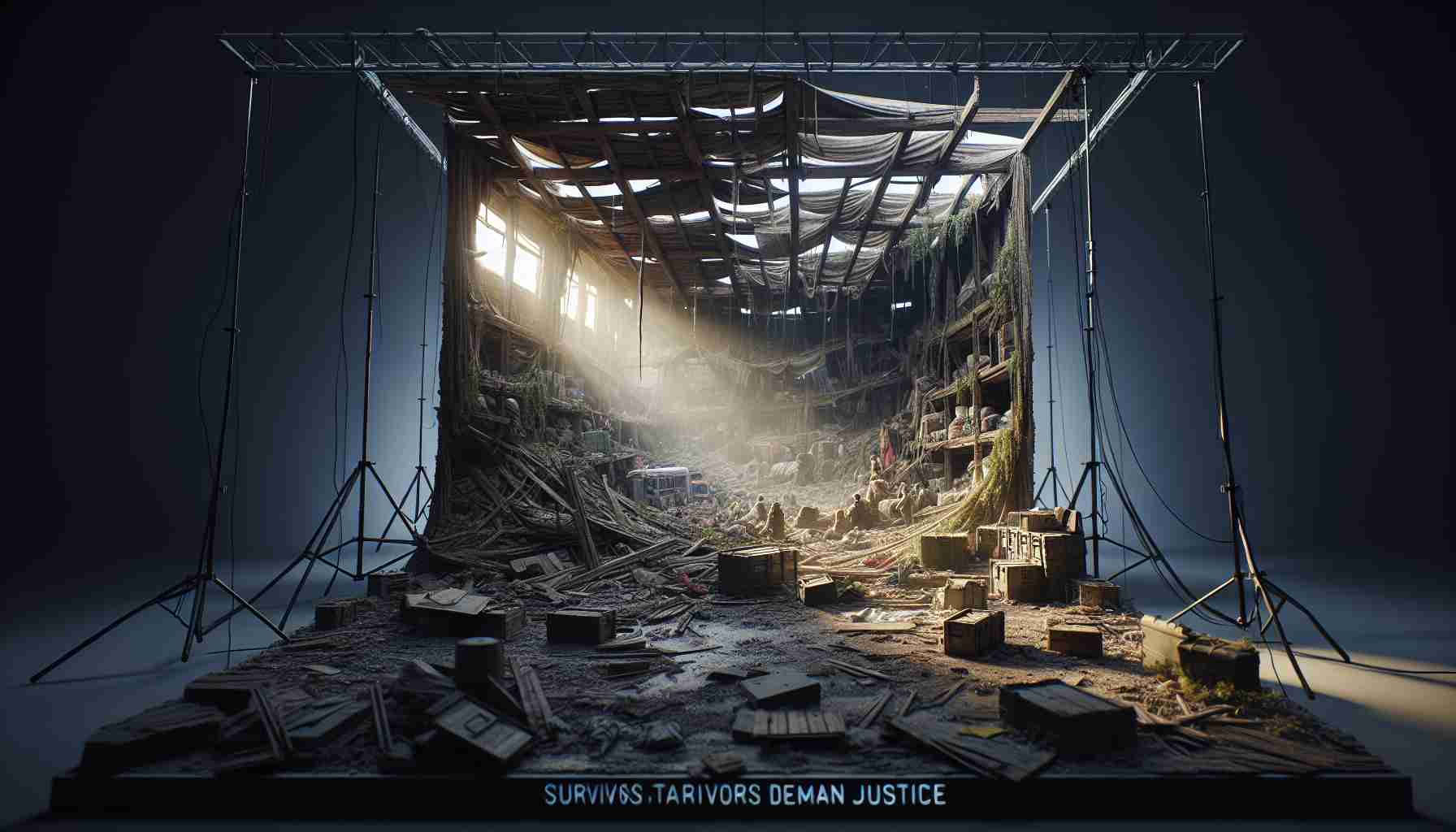Call for Inquiry Amid Heart-Wrenching Stories of Abuse
In the aftermath of troubling revelations about child sexual exploitation in Oldham, three courageous women are calling for action from government leaders. These survivors, Jane and Amelia, along with Sarah, whose son was exploited, argue that dialogue with victims is crucial before any decisions are made.
https://youtube.com/watch?v=lUheI-326FM
Despite appeals for an official inquiry into grooming gangs by Oldham Council, government representatives have prioritized local investigations, asserting that many victims prefer immediate action over lengthy inquiries. Survivors like Jane and Amelia believe a national inquiry is essential to bring attention to their experiences and those of others affected across the country.
Jane recalls her harrowing experiences of being abused from a young age, recounting the elaborate manipulation that led her into a web of exploitation. Her struggle to seek justice has left her feeling defeated, as those responsible have yet to face consequences.
Meanwhile, Amelia, who faced trafficking as a minor, highlights the need for broader awareness regarding the diversity of perpetrators involved in such crimes. Sarah’s story emphasizes the lasting impact of exploitation, particularly on her son, who tragically passed away without seeing justice served.
As the local council embarks on its independent inquiry, survivors demand a commitment to ensuring their voices lead the charge for change. The path to justice remains fraught with challenges, but the determination of these women shines through.
Rising Voices: The Push for a National Inquiry into Child Exploitation
Call for Inquiry Amid Heart-Wrenching Stories of Abuse
In the wake of alarming reports regarding child sexual exploitation in Oldham, three brave women—Jane, Amelia, and Sarah—are leading a compelling call for government action. These survivors are advocating for a national inquiry into grooming gangs, emphasizing the importance of engaging with victims to inform policymaking.
The experiences of these women highlight a critical need for a comprehensive approach to protecting children and supporting victims of exploitation. Jane faced extensive abuse from a young age, detailing the sophisticated manipulation that ensnared her in a cycle of exposure to predatory behaviors. With her quest for justice still unresolved, she expresses a deep yearning for accountability for those who perpetuate these heinous acts.
Amelia’s story complements Jane’s; she brings to light the often-overlooked issue of minor trafficking and the need to recognize the diverse spectrum of perpetrators behind child exploitation. Her insights reveal the urgent necessity for community awareness and preventive measures that go beyond the current scope of local investigations.
Sarah’s account adds another dimension to the discussion, as she mourns the loss of her son due to the ramifications of exploitation. Her tragic narrative underscores the devastating effects that child abuse has not only on the victims but also on families and communities. The call from these women is clear: without a national inquiry, the plight of many victims will remain unaddressed.
Insights and Trends in Child Exploitation Awareness
Current Trends
Reports indicate an increasing recognition of child sexual exploitation as a critical societal issue. Advocacy groups are pushing for reforms in legislation and community practices to better protect children and support survivors.
Market Analysis
Investigative bodies and NGOs involved in child welfare increasingly focus on cross-regional networks that involve grooming gangs. This shift in strategy aims to dismantle organized exploitation and address systemic failures in law enforcement responses.
FAQs
Q: What is a grooming gang?
A: Grooming gangs are groups of individuals who target children and adolescents for sexual exploitation, leveraging manipulation and coercion to facilitate abuse.
Q: Why is a national inquiry important?
A: A national inquiry can bring attention to the widespread nature of abuse, ensure standardized responses across regions, and give survivors a platform to share their stories for meaningful change.
Pros and Cons of a National Inquiry
Pros:
– Provides a platform for survivors to voice their experiences.
– Promotes standardized policies and prevention strategies.
– Increases public awareness and understanding of the issue.
Cons:
– Potential for lengthy processes delaying immediate protective actions.
– May cause emotional distress for victims recounting traumatic experiences.
Limitations and Challenges
The struggle for a national inquiry is compounded by systemic barriers, including bureaucratic resistance and a prevailing focus on localized investigations. Survivors frequently express frustration over being sidelined in decision-making processes, highlighting the challenges in achieving justice and reform.
Innovations in Child Protection
Emerging technologies, including artificial intelligence and data analytics, are being utilized to identify and prevent child exploitation. These tools aim to enhance reporting systems and improve law enforcement responses to grooming activities.
Conclusion
As the local Oldham Council progresses with its independent inquiry, the voices of Jane, Amelia, and Sarah resonate louder than ever. Their advocacy not only seeks immediate change but also strives for a future where children are protected from exploitation, and survivors receive the justice and recognition they deserve.
For more information on child exploitation issues and initiatives, visit NSPCC.
